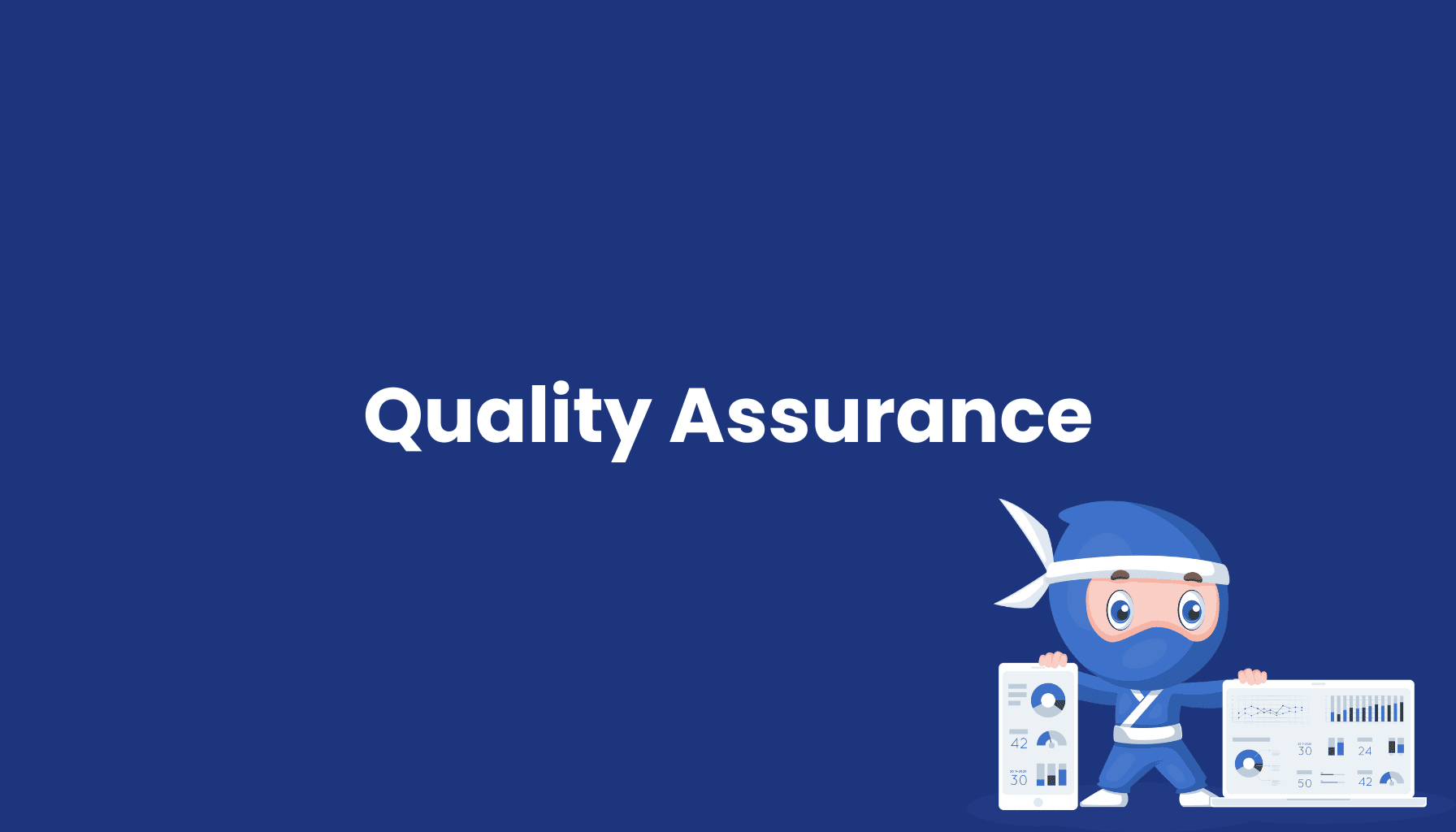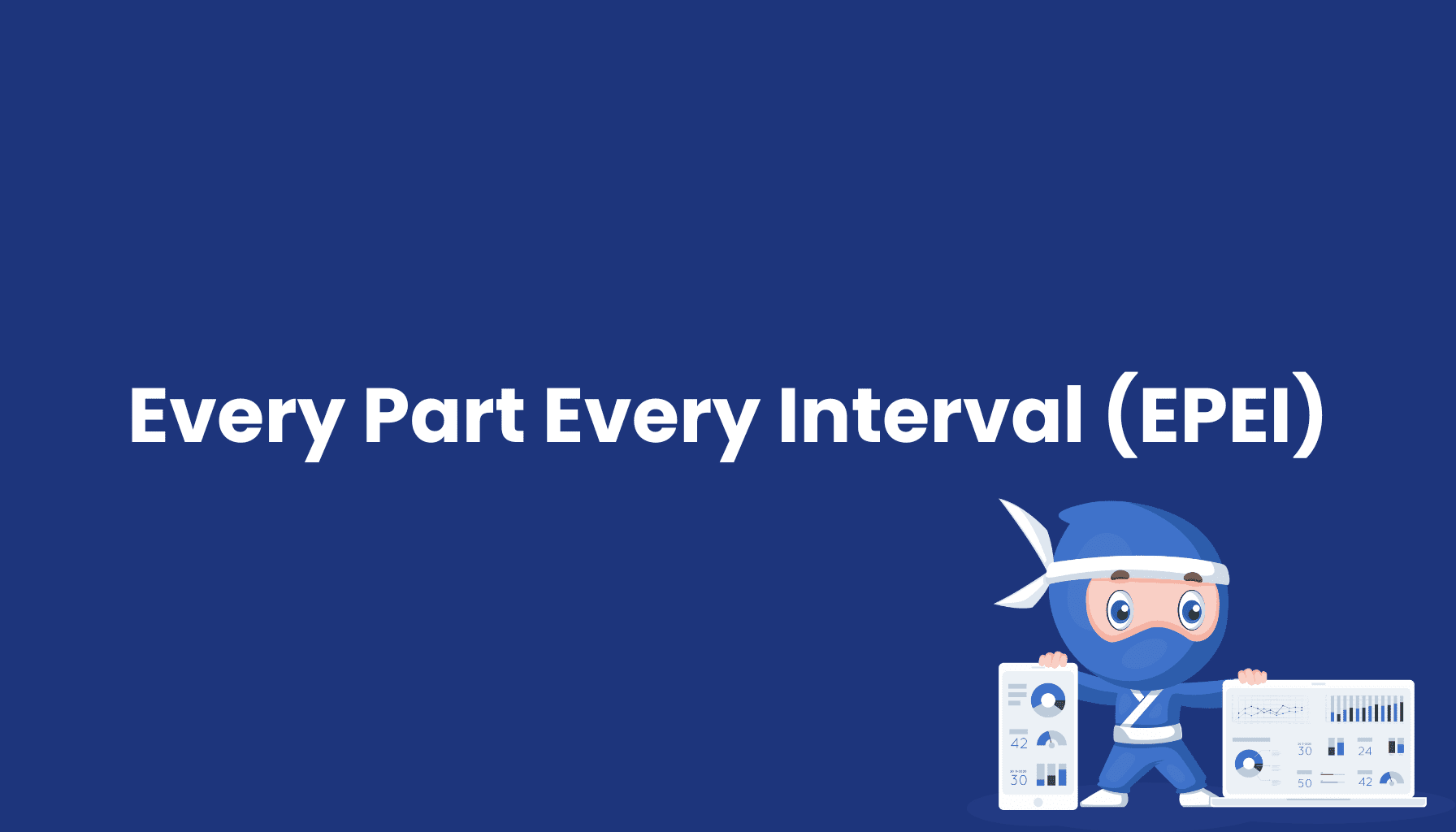Quality assurance

What is Quality Assurance (QA) according to DIN EN ISO?
Quality Assurance (QA) according to DIN EN ISO includes systematic processes to ensure that products and services meet specific quality requirements. These measures aim to prevent errors and guarantee the reliability of products.
Key Processes of Quality Assurance
-
Inspections:
Regular inspections of products and services verify that they meet the defined quality standards. -
Audits:
Systematic and independent audits assess compliance with quality requirements and identify areas for improvement. -
Continuous Improvement:
Ongoing optimization of production and management processes helps increase quality and minimize errors.
Benefits of Quality Assurance
-
Error Prevention: Preventive measures detect and address errors early, avoiding costly fixes down the line.
-
Reliability: Consistent quality standards increase product reliability, enhancing customer satisfaction.
-
Legal Compliance: Adhering to legal and normative requirements reduces the risk of legal issues.
-
Competitive Advantage: Companies with rigorous QA measures stand out through high quality, distinguishing them from competitors.
Conclusion
Quality Assurance (QA) according to DIN EN ISO is an essential component of quality management. Through inspections, audits, and continuous process improvements, companies ensure that their products and services meet high-quality standards. QA plays a vital role in error prevention, reliability, and customer satisfaction, ultimately supporting a competitive edge in the market.





